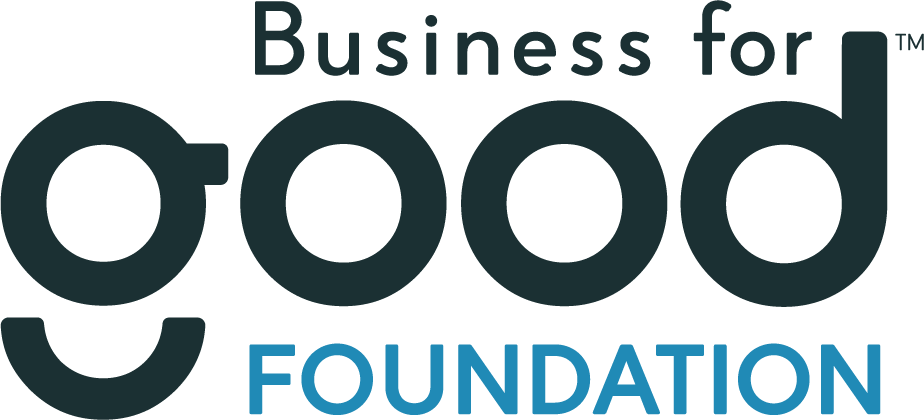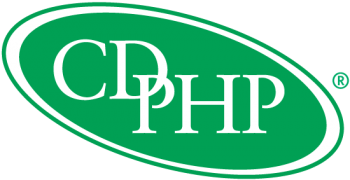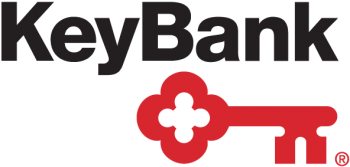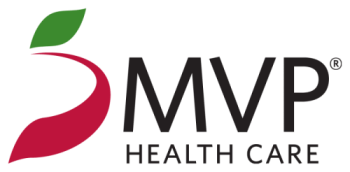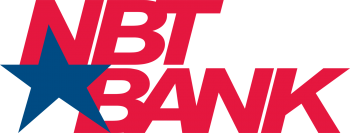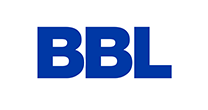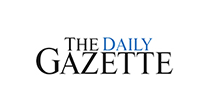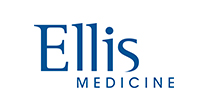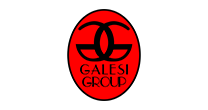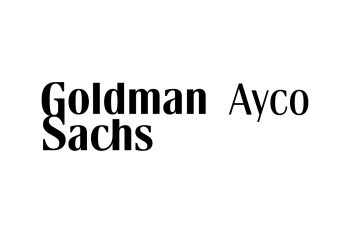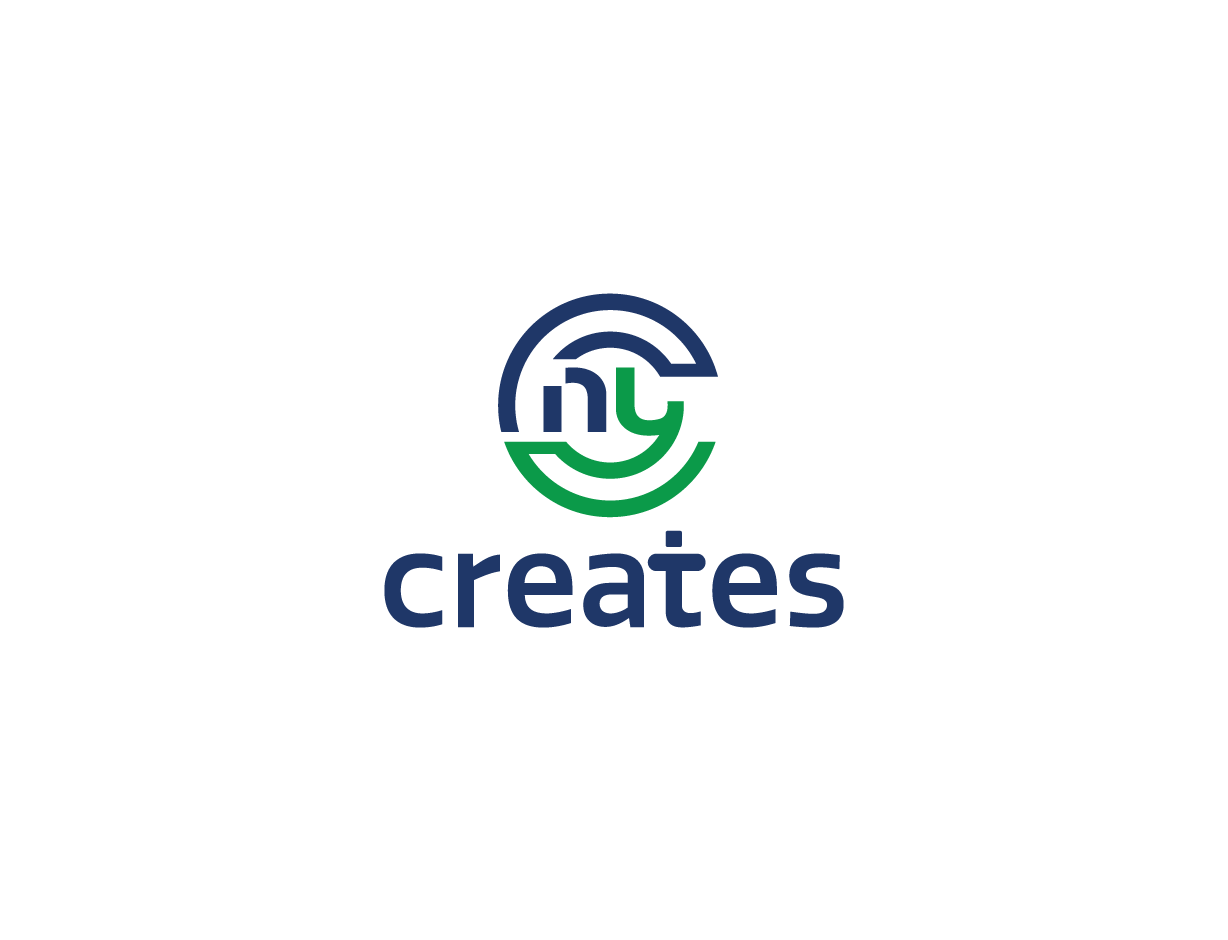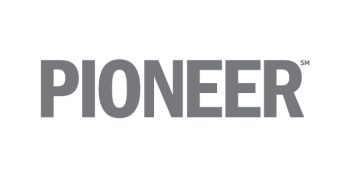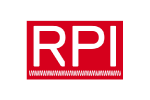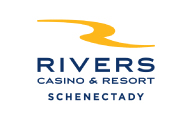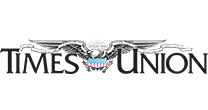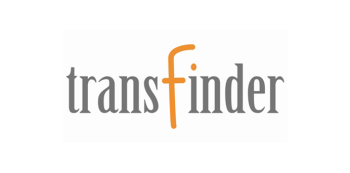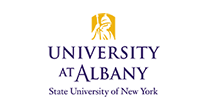News
December 15, 2015Helping Women Confront Barriers to Health Care
The Women’s Health Project (WHP), a community based initiative of the Center for the Elimination of Minority Health Disparities (CEMHD) at the University at Albany, has been working since 2009 to encourage women who face cultural, financial, or geographic barriers, to use services for reproductive health, including screenings for breast and cervical cancer.
The initiative, based in Hudson, N.Y. an ethnically and socioeconomically diverse city south of Albany in Columbia County, began as a research project supported by a grant from the National Institutes of Minority Health and Health Disparities (NIMHD) to UAlbany’s CEMHD. The goal of the research was identifying effective strategies for encouraging underserved women to obtain recommended reproductive health screenings.
As effective strategies were identified, and the project shifted from a primarily research mode to more of an operating mode, the WHP was successful in obtaining funding from local foundations, such as the Galvan Foundation and the Hudson River Bank and Trust Company to continue its work in the community, although on a somewhat reduced basis. However, a recent grant from the Dyson Foundation of Millbrook, N.Y., will ensure that the project will continue at full capacity for 2016 as the Center seeks longer-term funding.
The $50,000 grant from the Dyson Foundation will provide funding for peer counselors, training and programming critical to the functions of WHP.
“The services provided through this project have helped improve access and eliminate the barriers to quality care experienced by many members of our community here in the greater Capital Region,” said Lawrence Schell, director of CEMHD. “We are delighted for the support of the Dyson Foundation, and look forward to continuing this vital endeavor.”
A team of peer health advocates — supported through the grant – represents the foundation of the WHP’s strategy for increasing access to healthcare services. It is composed of women from the community who have received training on outreach techniques and reproductive health knowledge, and who continue to participate in professional development and planning activities.
The peer health advocates contribute to the success of the WHP by leading weekly outreach efforts, assisting with promoting and carrying out community health education events, and serving as a bridge between local health and human service organizations and community residents.
“WHP and its community partners have sponsored a variety of free community events on health and wellness for women, on such topics such as breast health, nutrition and exercise, maintaining a healthy heart, and women’s reproductive health needs across the lifespan,” said Annis Golden, Project Director and Associate Professor of Communication at UAlbany. “It is through the support of organizations such as the Dyson Foundation that we are able to continue to host events that provide much needed information about community health and human service organizations, and opportunities to sign up for services, or receive services.”


